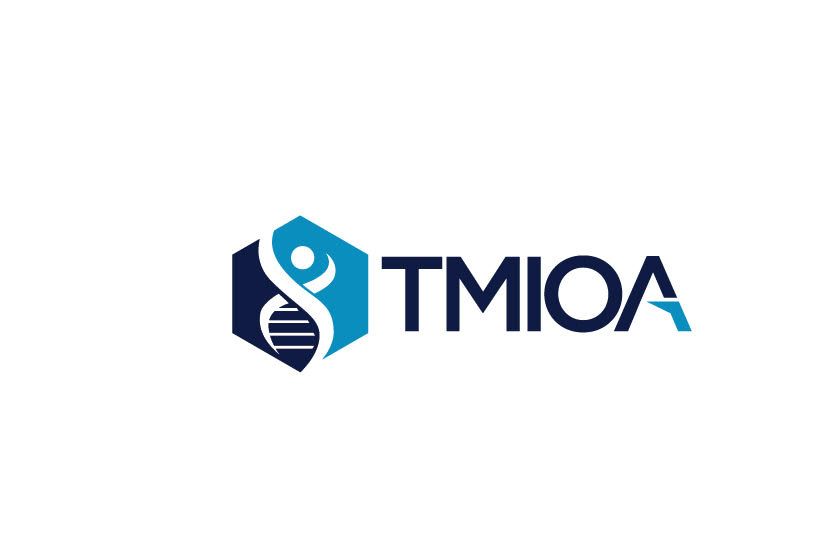
OR WAIT null SECS
Gerald Shulman, MD, PhD: The Future of Diabetes Treatments
Dr. Gerald Shulman discusses how diabetes can eventually be reversed.
Could addressing insulin resistance in patients reverse the course of diabetes while reducing the risk of comorbid cardiovascular events and chronic kidney disease?
New research presented during the 18th World Congress of Insulin Resistance Diabetes & Cardiovascular (WCIRDC) Online CME Conference presented by the Metabolic Institute of America (TMIOA), shows the particular role of diacylglycerol and acetyl-CoAin might play in insulin resistance.
In an interview with HCPLive®, Gerald Shulman, MD, PhD, George R. Cowgill Professor of Medicine and Cellular & Molecular Physiology at Yale, explained how more insight into these lipids could shed light on why patients suffer from insulin resistance and what can be done to avoid this issue.
Shulman said a better explanation on why insulin resistance occurs ultimately will yield better diabetes treatments for patients and reverse diabetes.
This hypothesis, Shulman said, has been proven thus far in multiple animal models. However, there are not many agents currently available that would achieve this goal.
Recent studies show it is diacylglycerol that trigger PKC activation, leading to blocks to insulin signaling and insulin action.
Shulman previously explained how fixing insulin resistance could have an impact at reducing some of the cardiovascular and kidney comorbidities commonly associated with type 2 diabetes.



